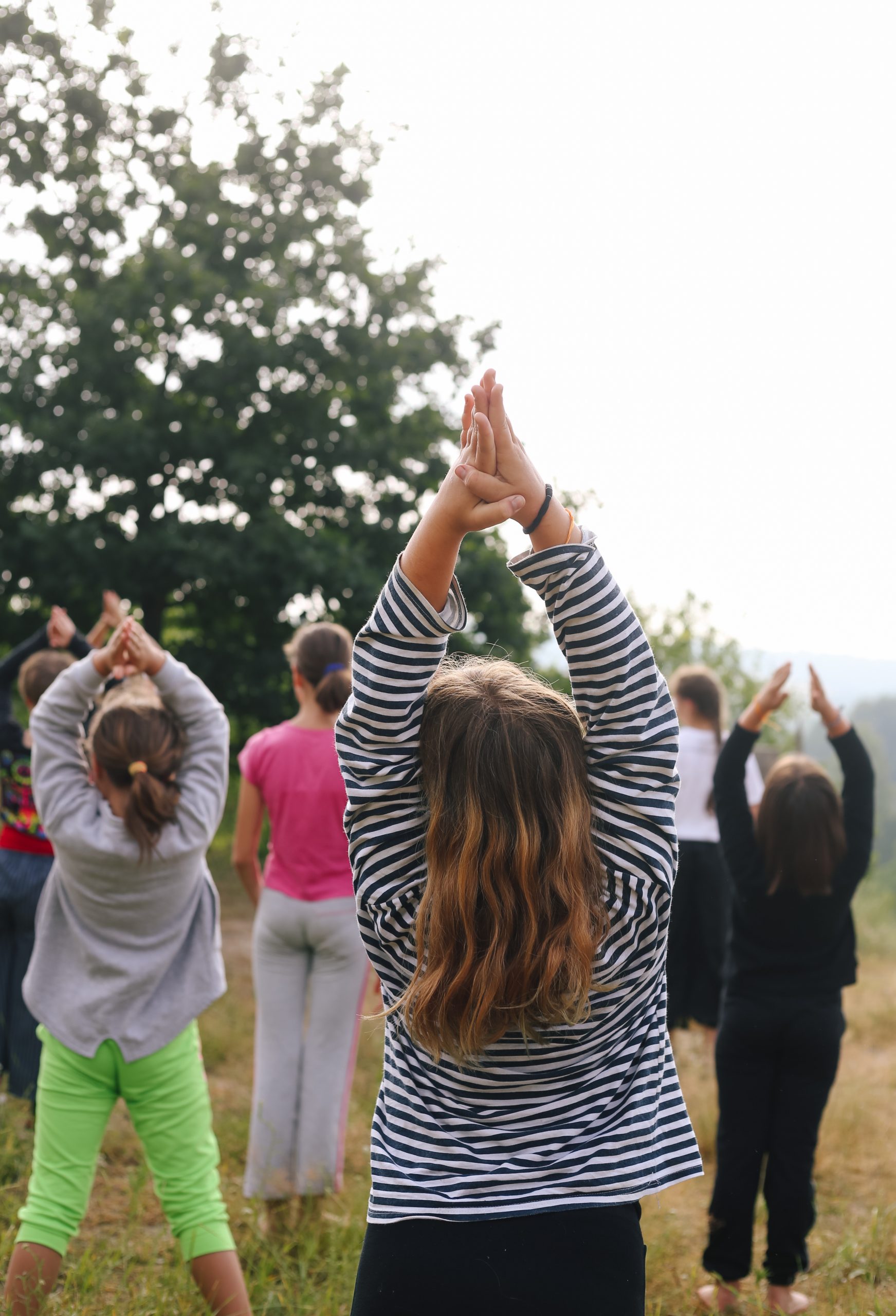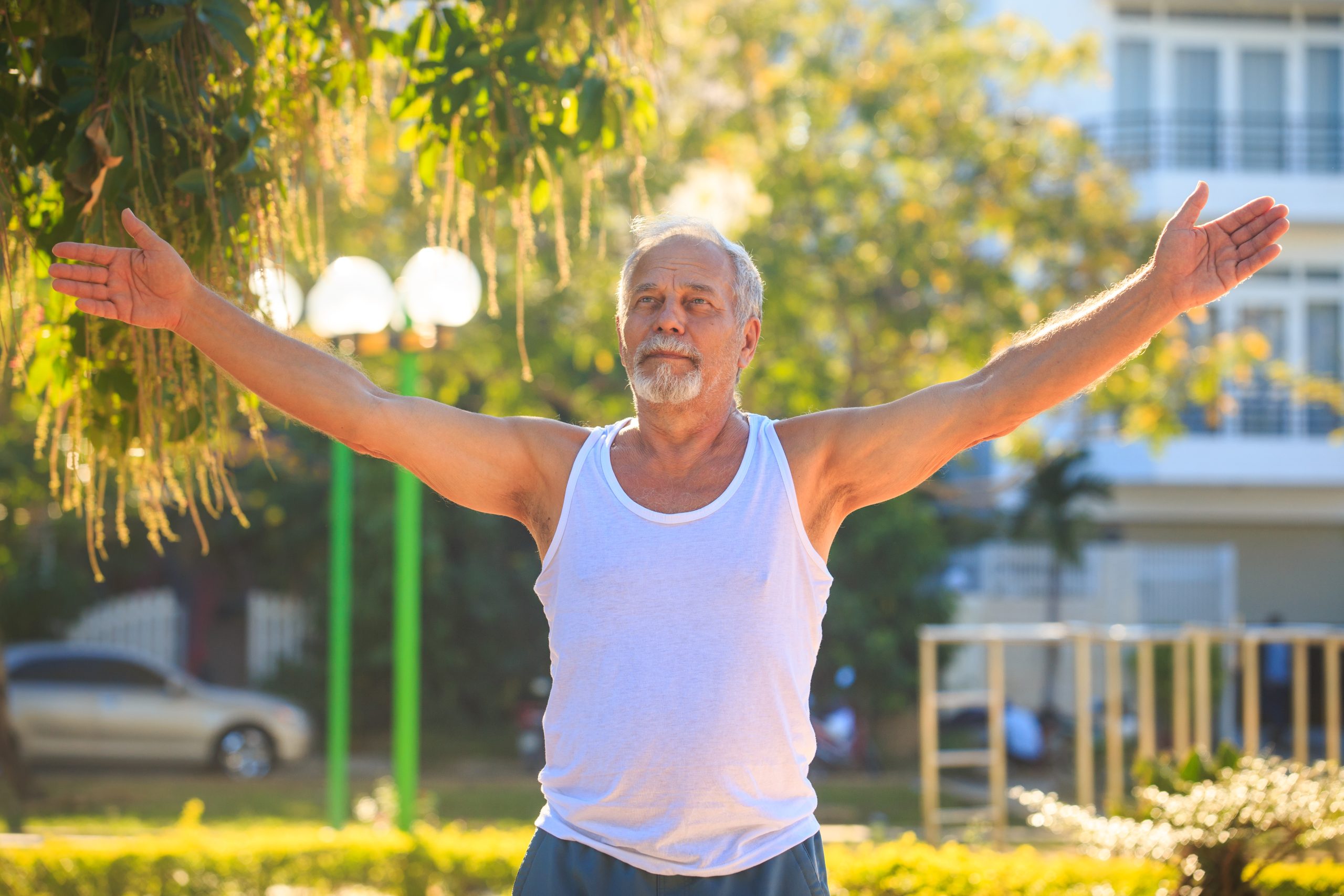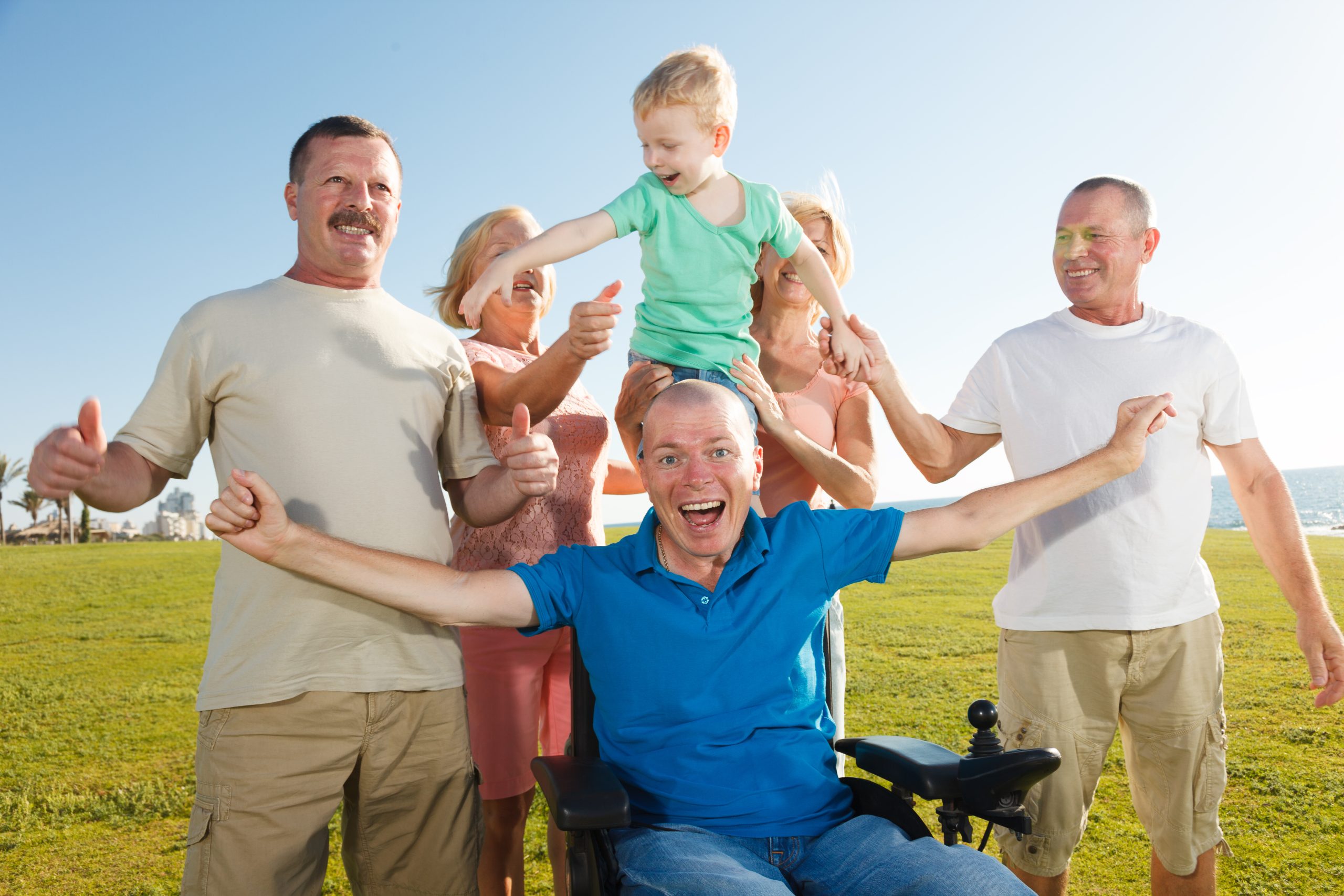



Laughter Yoga is a valuable activity for people with disabilities. In Australia, more than four million people have some form of disability – that’s about one in every five people.
While some disabilities are apparent, others are not. Some disabilities may be life long, others may have been acquired during life’s journey.
Disabilities can and often will affect physical, emotional, and mental health and wellbeing.
Laughter Yoga has always been an inclusive exercise or activity. Because Laughter Yoga can easily be done seated – and I always provide chairs for my sessions – anyone can do Laughter Yoga whether they’re standing, sitting, in a wheelchair, using a walking frame or with some form of mobile support. And this builds confidence, self-esteem, and social connection.
Importantly, the benefits of Laughter Yoga apply to people with disabilities. This is because there really is no wrong way to laugh. While our laughter might not be genuine at the start of a session, it usually becomes real, contagious, and fun.
Laughter Yoga bypasses the brain’s understanding of humour and what is or isn’t funny for each one of us. Our body’s physical response to the initial fake or manufactured laughter triggers the brain into releasing very powerful hormones that leave us feeling good and can last up to 14 days after the Laughter Yoga session.
Other benefits people with disabilities get from Laughter Yoga include:
To organise a Laughter Yoga session for your disability group or organisation, contact Nerelie for details.